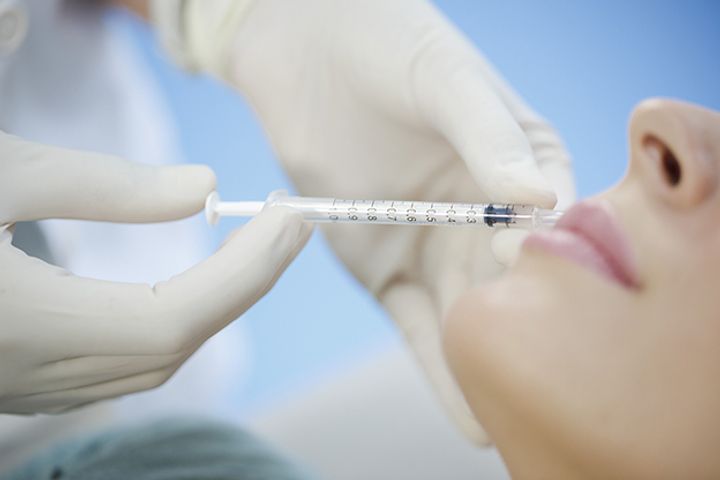 China's Cosmetic Medicine Is in Crisis as Companies Collapse
China's Cosmetic Medicine Is in Crisis as Companies Collapse(Yicai Global) Feb. 1 -- The number of newly-registered esthetic medical companies grew significantly in China in the past three years amid the sector's 'high profit and high risks,' but the number of companies canceled has risen in tandem, enterprise information platform Qixinbao shows.
Tighter government regulation has sped up the reshuffling of the entire sector.
The number of esthetic medicine companies increased from 2016 to 2018 but showed a downward trend in the second half. The cancelations of registration by such firms is in an upward trend, which rose steeply since March 2018, with 34,508 companies bowing out last year, 3.8 times the figure for 2016.
The steadily growing esthetic medicine industry is attracting investors, data show. China's standard esthetic medicine market was worth USD495.3 billion last year, and the growth in the number of companies exceeded 10 percent in most provinces. About 22 million Chinese have had esthetic medicine treatments, among whom the proportion of young people born after 2000 and 1995 continues to grow.
The Chinese government liberalized the approval of private medical institutions around 2015. Many investors have set their crosshairs on the sector ever since.
Financial investors such as Sequoia Capital, Matrix Partners and IDG Capital have invested in cosmetic medicine applications, while industrial capitals including Evergrande Group, Suning and Lancy Group have also targeted their practitioners.
Spreading Branches
Institutions such as Qingdao Huahan Plastic Surgery Hospital and Wuxi, Jiangsu province-based Lidu Plastic & Aesthetic Hospital that have listed on the New Third Board market are expanding their branches, public information shows.
Operation is not easy with the low industry threshold. "Most investors know little about medical care. They enter the sector ambitiously without learning technology and business risks," several plastic surgeons told Yicai Global.
Many investors are inept at operation. Many registered plastic surgical institutions are canceled even before opening because they fail to find surgeons and proper sites. Tauter standards for approval to charge in installments also inhibit consumers with limited cash.
The greatest cause is the rectification policies. The Chinese government issued the Special Plan for Cracking Down on Illegal Medical Beauty In June 2017 to combat illegal mini-plastic surgeries and protect consumers' rights in the most stringent rectification of illicit cosmetic surgery to date.
A reshuffle is inevitable in the field because of natural selection in the market and the national scrutiny and rectification. The sector believes resources will flow to large and regulated institutions in future.
Market forces culled around 10 percent to 20 percent of medical beauty institutions last year, according to scuttlebutt within the field. More than 20 percent institutions were eliminated in areas with developed esthetic medical resources, a majority of Yicai Global interviewees believe.
Editor: Ben Armour